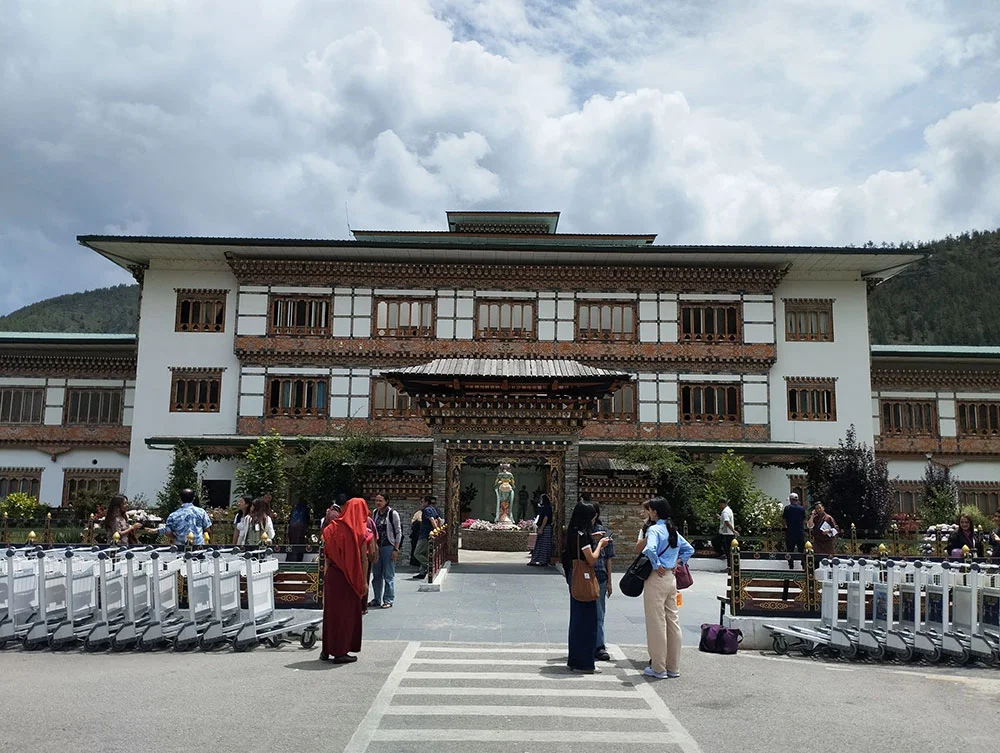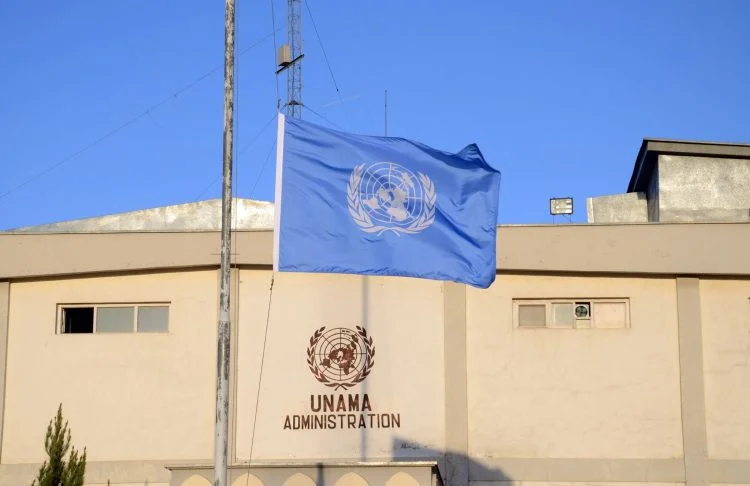The political situation in Bangladesh is improving after a month of unrest. Bhutanese students are beginning to return for their studies.
Violence gripped the neighboring country from early July to mid-August. This violence has now subsided. The situation is returning to normalcy.
The Ministry of Foreign Affairs and External Trade (MoFAET) reports that about 237 Bhutanese are studying in Bangladesh. Of these, 230 returned to Bhutan during the political turmoil.
Bangladesh closed its educational institutions indefinitely from July 17. This decision aimed to ensure student safety after clashes erupted during a movement demanding job quota system reforms.
MoFAET Ensures Student Safety
During the seventh Meet-the-Press on August 31, MoFAET D N Dhungyel spoke about the situation in Bangladesh. He said that with the interim government in place, the situation has improved.
“A majority of the students have returned to their universities. The exact count will be updated once the ministry gets an update from the Royal Bhutanese Embassy in Dhaka by this weekend,” he said.
Lyonpo said that the Royal Bhutanese Embassy in Dhaka was proactively getting in touch with the relevant agencies, officials and students to ensure their safety. “Bhutanese students who stayed back during the turmoil are all safe and have started their sessions.”
On August 15, the Ministry of Education in Bangladesh directed all institutions under its jurisdiction to reopen. Following this directive, educational institutions, including universities, secondary schools, and colleges, reopened on August 18.
The MoFAET and Royal Bhutanese Embassy are regularly assessing the situation to evaluate the potential impact of the situation in Bangladesh on Bhutanese students and bilateral trade.
Strong Trade Despite Instability
Despite the political instability, Bhutan’s trade with Bangladesh has remained robust.
Lyonpo Dhungyel reported that Bhutan maintained a positive trade balance with Bangladesh, exporting goods worth Nu 5.03 billion and importing only Nu 0.08 billion in the previous year.
Bhutan’s exports to Bangladesh exceeded Nu 5 billion in 2021, touched Nu 4 billion in 2022, and again picked up to more than Nu 5 billion in 2023. As of mid this year, exports have already exceeded Nu 3 billion, and analysts project they will reach Nu 6 billion by the end of the financial year.
“While there had been minor disruptions like Bhutanese trucks being stranded at the Indo-Bangladesh borders, the overall trade flow has remained constructive through diplomatic intervention this year,” Lyonpo said.
Currently, Bangladesh is facing severe flooding due to heavy rains, affecting 11 out of 64 districts. The Ministry of Disaster Management and Relief of Bangladesh has reported that around 190,000 people are in emergency relief shelters.
This news is sourced from Kuensel Online and is intended for informational purposes only.






